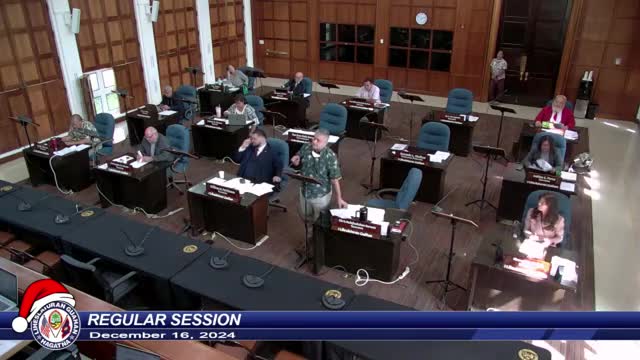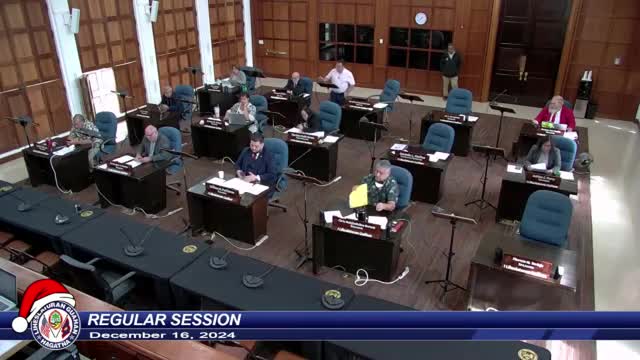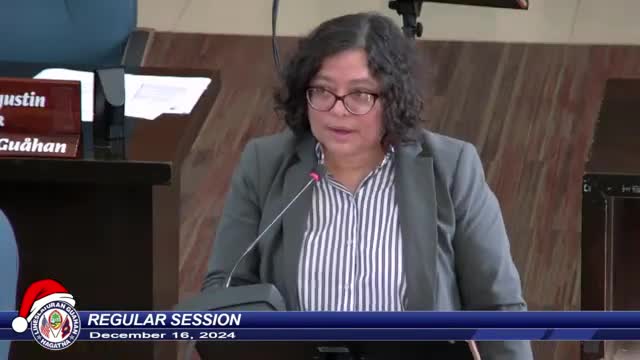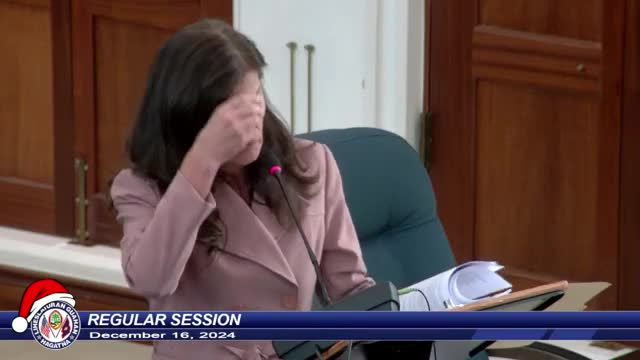Article not found
This article is no longer available. But don't worry—we've gathered other articles that discuss the same topic.

Contentious floor debate as Legislature moves vetoed hospital bill into voting file

Legislature advances bill to purchase private land used as a Mahina drainage basin; payment and funding amended on floor

Legislature advances bill to create clearer pathway for worker-led cooperatives

